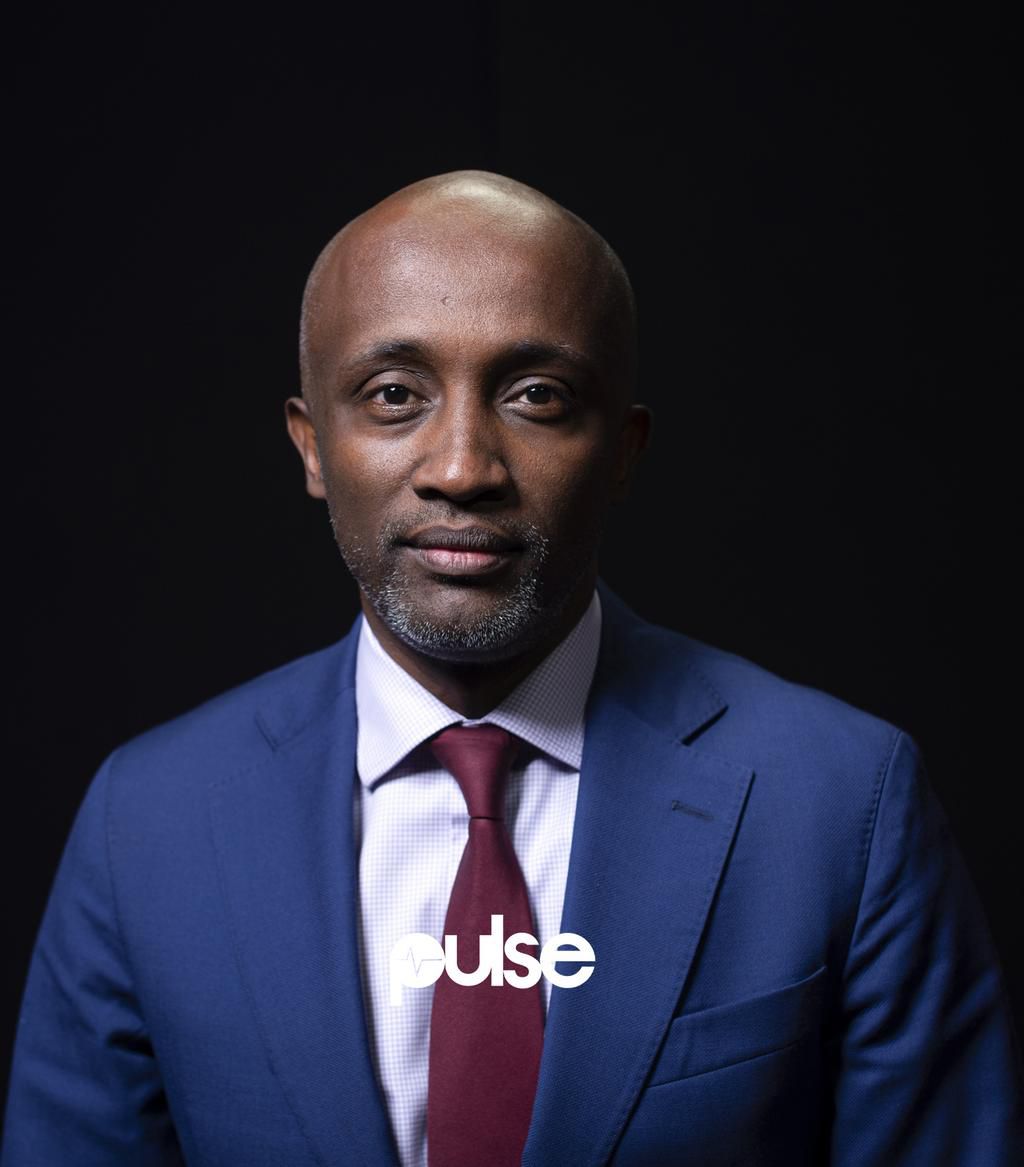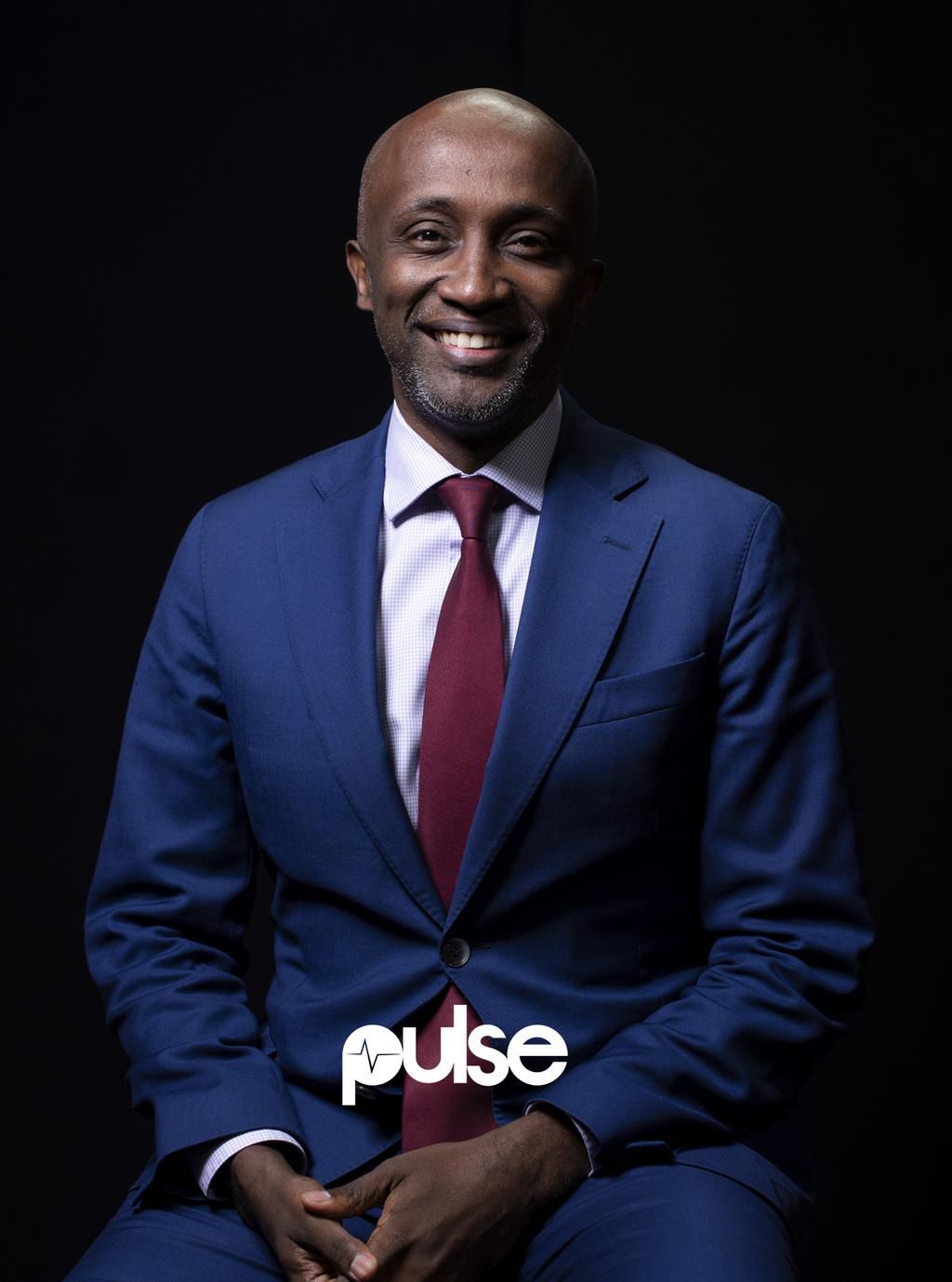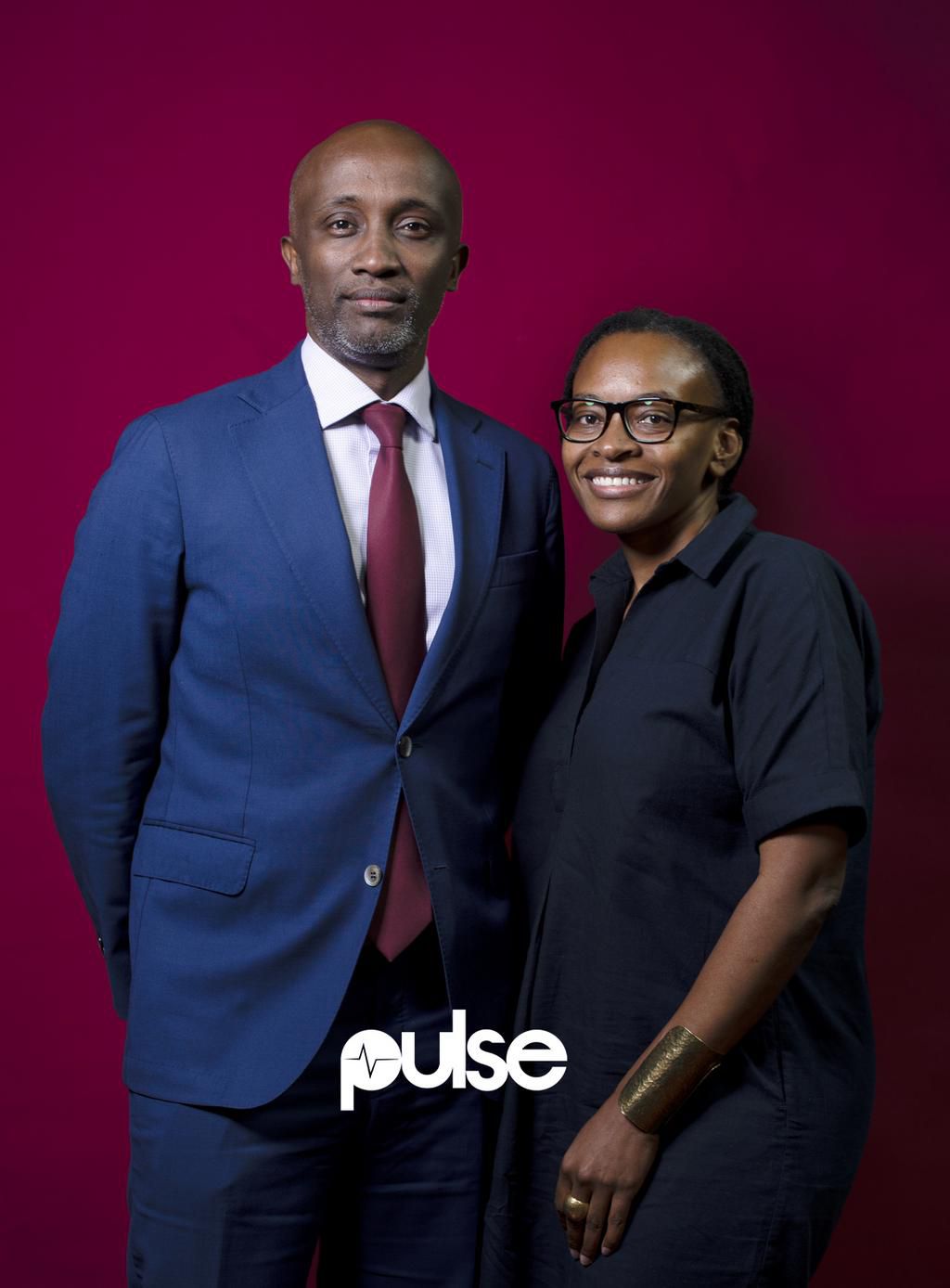Pulse Interview: United Nations Development Programme's Resident Rep, Mohamed Yahya explains why the Nigeria creative industry is special
![The Resident Representative to Nigeria of the United Nations Development Programme, Mohamed Yahya visited our studio on Friday, January 24, 2020, where he got to talk about the UNDP's preparedness to support the creative industry in Nigeria. [PULSE]](https://image.api.sportal365.com/process/smp-images-production/pulse.ng/16082024/ebdac26c-4c63-4ddb-9146-bea01f3fd581?operations=autocrop(700:467))
It is a known fact that the creative industry in Nigeria is not only one of the most rapidly growing sectors of the Nigerian economy, it is also a highly transformative one in terms of income generation, job creation, and export earnings.
So when the United Nations and its 193 member nations decided in 2015 that it would be setting up its sustainable development goals (SGD) to help sustain and achieve a very vibrate future for everyone in the world, the creative industry which has the entertainment sector as its cash cow was top on its priority.
The Resident Representative to Nigeria of the United Nations Development Programme, Mohamed Yahya visited our studio on Friday, January 24, 2020, where he got to talk about the UNDP's preparedness to support the creative industry in Nigeria.
![The Resident Representative to Nigeria of the United Nations Development Programme, Mohamed Yahya visited our studio on Friday, January 24, 2020, where he got to talk about the UNDP's preparedness to support the creative industry in Nigeria. [PULSE]](https://image.api.sportal365.com/process/smp-images-production/pulse.ng/16082024/a33b30cd-f2c2-4131-a14e-08c433ac8a2a)
When you talk about Nigeria in the diaspora, one thing that comes to mind is the Nigerian music and movie industry which has been one of our biggest exports over the last two decades. So we asked Mr Yahya Mohamed what were his thoughts about the journey so far about the entertainment industry in Nigeria, its successes and setbacks.
"I'm here in Lagos precisely to engage with the creative community because the creative community in Nigeria is the most unbelievable revolution we've seen in terms of what they have been able to achieve in the last decade. Nigerian music, Nigerian entertainment overall, Nollywood. Not only does it employ a lot of people, but it has also created a hub for Africa's creativity that now we are exporting at the global level. So when you think about what a country has to achieve its development goals, you have to focus on those areas where the country has a comparative or competitive age. So for me, the creative industry is one in which Nigeria has a comparative edge to use that sector to overwhelm the areas that the country is not doing very well.

"For example, the country still has huge pockets of poverty, people with extreme poverty in many parts of the country and there is also challenges about the environment like deforestation, we are losing forest around different parts of the country. So also how climate is affecting conflicts like we see how climate is causing conflict between herders and farmers. So the question we ask ourselves is how does the creative industry brings about harmony and creates a conducive environment for development and that is the kind of dialogue that we want to engage with musicians, artists, filmmakers, and producers. What role can they play in ensuring that Nigeria becomes prosperous in the next ten years," he said.
For many, the United Nations agenda for 2030 still sounds out of the ordinary which brought us to the next question was about how aware the stakeholders in the creative industry are about the SDG agenda 2030.
![For many, the United Nations agenda for 2030 still sounds out of the ordinary which brought us to the next question was about how aware the stakeholders in the creative industry are about the SDG agenda 2030. [PULSE]](https://image.api.sportal365.com/process/smp-images-production/pulse.ng/16082024/99d08f18-0968-46bc-bc05-ca04e5e54f4e)
"Obviously we want them to know the goals and we want to popularise the goals and the government wants that too. What is important is how do they see themselves, how does an actor, a producer, an artist see themselves in relations to ensuring that the country meets the development goals and the country helps more people out of poverty. This is the dialogue we plan to have. But on day to day the work they do certainly contributes to the goals.
"For example, the more people Nollywood employs, the fewer people unemployed, so that contributes to the goals. When Nigeria exports music a lot of resources come into the country. So a lot of things they do must certainly contribute to the goals but we want to make sure they do more than they already do. We think they can do much more, that is the kind of dialogue we plan to have," he said.

For Mohmed Yahya even though he feels the UNDP is a bit late in taking this new initiative, this year is the beginning of another decade and the UN's Deputy Secretary-General has called on everyone in the world to be proactive and achieve these SDGs.
The Nollywood industry and its counterpart music industry has become a huge ambassador for the country globally over the last two to three decades and still counting. I asked the Resident Representative what exactly the UNDP plans to do in terms of funding for the ever-expanding industry.
![Mohamed Yahya believes that despite all the issues found in Nigeria, the creative industry offers a unique opportunity to enhance what the UNDP plans to do to get a lot of people out of poverty. [PULSE]](https://image.api.sportal365.com/process/smp-images-production/pulse.ng/16082024/99d08f18-0968-46bc-bc05-ca04e5e54f4e)
"The UNDP's job is not to come and tell the industry it needs to do more in terms of film production or music. We don't have those skills to be able to offer (laughter) to any musician on how to operate. Actually, it is more of can we come together and see how we can enhance your role and how do we understand your role in meeting the development goal.
"It is really important to know that this country is big, it has diverse challenges and diverse activities and for us at the UNDP, we believe that because the creative industry is a strong area, this country has shown its human capacity. So it's about how do we get that sector to play an active role in alleviating poverty, protecting the climate, so this is the kind of dialogue we want to engage with them," he said.
![He was however quick to correct the notion that the UNDP is not here to tell the creative industry what to do and what not to do rather they are here to help tailor what the creatives do to help reduce the scourge of poverty. [PULSE]](https://image.api.sportal365.com/process/smp-images-production/pulse.ng/16082024/a9c6fa02-2436-49aa-8588-686861d35e1c)
Mohamed Yahya believes that despite all the issues found in Nigeria, the creative industry offers a unique opportunity to enhance what the UNDP plans to do to get a lot of people out of poverty.
He was however quick to correct the notion that the UNDP is not here to tell the creative industry what to do and what not to do rather they are here to help tailor what the creatives do to help reduce the scourge of poverty.
The Voluntary National Review (VNR) is used by the UNDP to review projects, ascertain what the challenges are and what the plans are for going forward. I wanted to know if the UNDP will be using that as a template to monitor the activities of the creative industry.
![Mohamed Yahya, the resident representative of the UNDP in Nigeria is passionate about the Nigerian creative industry and how it would help achieve the SDGs agenda for 2030. [PULSE]](https://image.api.sportal365.com/process/smp-images-production/pulse.ng/16082024/ebdac26c-4c63-4ddb-9146-bea01f3fd581)
"Fantastic idea! I haven't even thought about it. I think this is something we are most likely going to do to see how does the creative industry sees itself in the last decade with the SDGs. How does the creative industry see itself to change values because you know one important thing about the creative industry is that people watch and listen to what they do? How can we use the creative industry to have a different mindset? A mindset where we protect the environment, a mindset that says I am your brother's keeper, we help those who are not as successful as ourselves. How do we advise the government to do more in many areas that we hope to see change? I can tell you this is the kind of conversation we want to have.
"I come from East Africa, Nollywood plays a major influence in our communities. Everybody I know watches the Nollywood movies. Imagine the impact Nollywood is having not only in Nigeria but in the continent. So if we are able to tell the story of cohesion, coexistence, stories that protect the continent and its environment into Nollywood films that are already there, I think that is where the power of film and music is.

"It is about preaching what we already know to be values of this country, living together peacefully and helping each other. So this is the story that Nollywood is already big on. This is the story that the music industry is engaging and we will want to say let's work together to amplify these stories. The creative industry in Nigeria is something that has made everyone proud of Nigeria," he said.
For the creatives who aren't privileged to meet Mohmed Yahya and his team during their visit to Lagos, the Resident Representative said they plan to have a huge presence in the commercial capital of Nigeria. This is to help get across to everyone who has an idea about what to do to contribute to the advancement of the SDGs 2030 agenda.
)
)
)
)
)
)
)
)
)
)
)
)
)